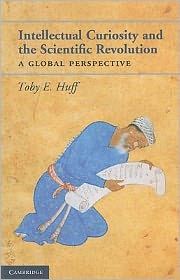Tardiloquum te esse iubeo et tarde ad locutorium accedentem
(I bid you be slow to speak and slow to approach the chat-room.)
-- Thomas Aquinas, Epistola de modo studendi (A Letter on the Method of Study)
Found at FideCogitActio A word on "chat-room". That is a more or less literal translation of "locutorium." If an auditor-ium is for auditors (for those-who-listen), a locutor-ium is for locutors (those-who-talk). It referred to a room in people's homes in Late Imperial times that was reserved for amiable gathering and chatting. It is usually translated as "parlor" or "salon." However, Tom tended toward the colloquial and concrete in his imagery, and the sense of the locutorium is actually well-captured by "chat-room."
Well, except for being physically present and all.




